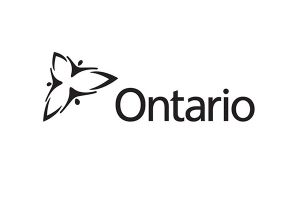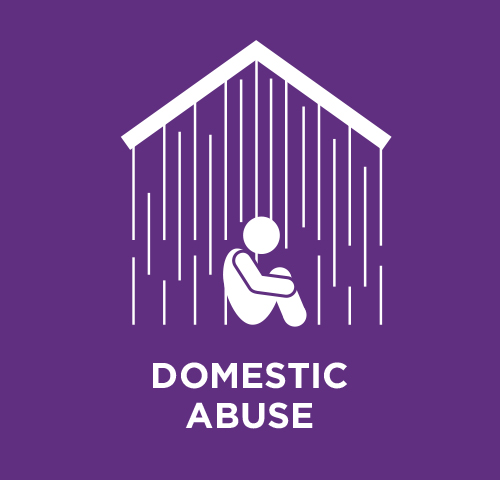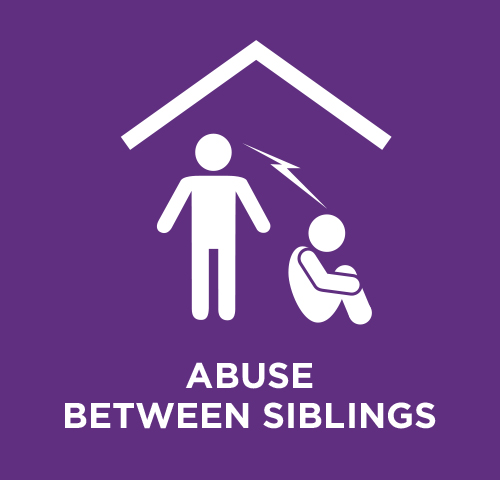If something is happening to you that makes you feel unsafe, tell a trusted adult such as a teacher, a relative, a doctor, or a neighbour. You can also call the police, your local child protection agency, or Kids Help Phone (1-800-668-6868). If you’re in an emergency situation, you should call 911. You should tell someone how you are feeling so you can get help.
On this page:
Types of Abuse
- Sexual: Child sexual abuse occurs when a person uses their power over a child or youth, and involves the child in any sexual act. The power of the abuser can lie in age differences, intellectual or physical development, a relationship of authority over the child, and/or the child’s dependency on him/her.
- Emotional: Occurs when someone threatens, bullies and intimidates another person. A person experiencing emotional abuse may not realize that they’re being mistreated.
- Physical: Includes hitting, punching or physically harming a young person in some other way.
- Neglect: when a parent or caregiver fails to meet a young person’s basic needs, such as a safe place to live and clean, weather-appropriate clothing; nutritious food; adequate hygiene; supervision and guidance; education; emotional support; medical care.
Witnessing domestic violence is also a form of abuse, such as watching parents throw dishes at each other. Abuse can come from any trusted adult, or someone other than an adult, such as a sibling, a cousin, or a neighbour.
The difference between being disciplined and abused
In Canada, parents are legally allowed to physically discipline their children from ages two to 12. However, only some kinds of discipline are allowed:
- discipline must be done in an effort to correct behaviour, rather than to express a parent’s frustration or loss of temper
- the child must be capable of learning from the discipline
- the discipline must not involve the use of objects (sticks, bats, belts or other objects)
- the child must not be hit on the head or slapped in the face
- the discipline must not be degrading, humiliating or harmful (bruises, cuts, scratches and other markings are physical signs of harm)
Reporting Your Abuse
Living with abuse can affect the way you think about yourself, your family and your future. Abuse can trick you into telling yourself stories that are untrue, which can prevent you from getting help. But know that it is not your fault, you deserve love and care. If you are being abused, please reach out.
Learn more about what will happen to help you out of the situation on the Canadian Child Welfare Research Portal. They answer the following questions and more:
- How do I know if I’m being mistreated/abused?
- What is child abuse and neglect?
- What will happen to me and the people involved if I report abuse?
- If I report that I am abused does that mean I have to leave my family?
- What are my rights if I’m in the care of a child protection agency?
- Are there counselling programs available to me if I have been abused/mistreated?
- What do I do if I report the problem and it isn’t solved?
- What if I don’t want anyone at school to know that I have been put into a foster home?
- If I have to go to a foster home, how do you make sure that the people I go to live with are good enough?
- Do I get to keep my stuff if I have to leave my family and go into the child welfare system?
- Who do I contact if I’m not happy while I’m in care?
- How old do I have to be to get help if I’m being abused?
Resources

Children’s Aid Societies work to protect children from potential harm. The Society provides services and supports to children and families in their own homes. Child Protection Workers will consult and plan with other professionals who know the child, such as teachers, doctors, public health nurses, and other community partners to address immediate issues and establish a plan for future service, as well as help families build a network of support to aid in their ability to provide appropriate care.
To report concerns of potential child abuse, or to get support for yourself or your family:
The Children’s Aid Society of Hamilton: 905-522-1121 or after-hours emergency 905-522-8053.
The Catholic Children’s Aid Society of Hamilton: 905-525-2012 or after-hours emergency 905-522-8053.
The Children’s Aid Society of Halton: 905-333-4441

Eagles Nest: HOPE Centre (Home of Practical Education) offers a variety of services and supports including counselling, coaching, support groups and educational classes to individuals and families seeking to achieve positive change in their lives with a focus on building self worth, cultivating healthy relationships and navigating through trauma or difficult circumstances.

ShelterSafe.ca is an online resource for women and their children seeking safety from violence and abuse. It allows women to quickly find and connect with the nearest shelter in a specific geographic area that can offer safety, hope, and support.

Support Services for Male Survivors of Sexual Abuse provides help for male survivors of sexual abuse, through individual and group counselling, peer support, telephone and online counselling, and referrals to other appropriate community support services to meet other long-term needs.
1-866-887-0015: 24 hour, multilingual, toll-free phone line for immediate crisis and referral services.
Back to Living with Abuse



